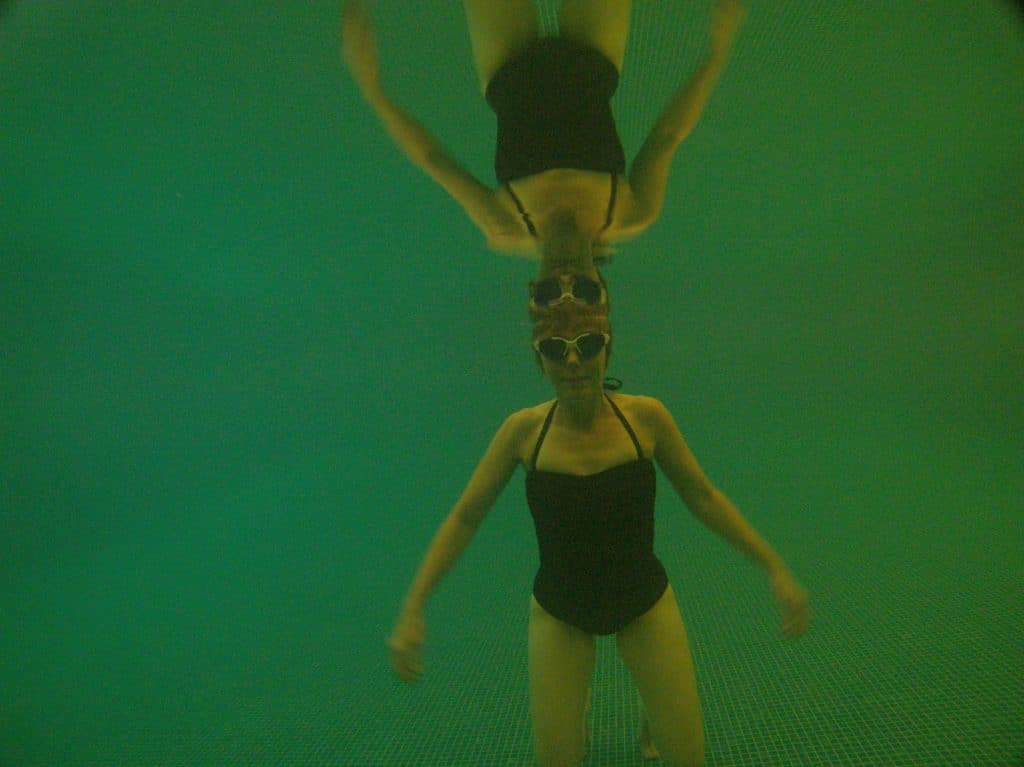Are you a non-swimming adult who describes yourself as a control freak? Successful at what you do, you’re usually able to achieve your goals by taking the bull by the horns – going for it. But swimming’s the one thing that’s eluded you. Why do you think this is?
Fear often drives us, to move, to accomplish some task, to succeed in business, to get a job done. As a modus operandi for life, this may sort of work for you. But it doesn’t work in the water. Unless you want to hold your breath, brace yourself, grit your teeth and kick kick kick to the side of the pool.
You have to learn to trust the water to support you. To do this, you need to let go, give yourself to the water, relax. It’s the primacy of this mental, emotional, side of learning to swim which makes it different.
The support of the water for someone who’s never swum (and for a lot of regular swimmers actually), is the unknown. Willing yourself towards the new experience of floating freely, doing nothing, is scary and challenging. Lying face down in three feet of water may be as frightening as jumping out of an aeroplane with a parachute on. Maybe more so because there’s no parachute, just you and the water.
It’s fear that stops us from letting go. In response to the idea of floating, you need to decide calmly to give yourself to the water, to relax. If you’re not committed, your baby panic reflex might kick in. Your neck tightens, your head becomes fixed at the top of your neck, your back goes rigid and your arms want to grab something. In other words, you’re bracing against the experience, stopping yourself from floating. This all happens in a flash and usually, as a learner, you’re not conscious of it, you just know something went wrong.
Letting go means a different approach. Different from just doing it. Different from sport. You have to become aware of the possibility of your panic reaction and quietly confident in your ability to think it all through. When you find consistency with this, just floating and watching the bubbles is a pleasure and a therapy. It’s cheap, available wherever there’s a few feet of water, you can do it on your own and no special coordination is required.
And it’s a real confidence you get from the experience. Confidence in yourself, confidence in the water. A confidence that comes from not getting a job done.


